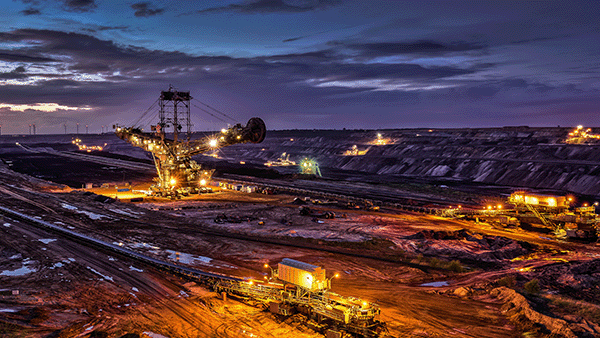February 21/22, 2024, Havana, Cuba
The decarbonization of the world economy is beginning. At the same time, the various current crises are giving rise to a new commodity boom, especially ‘green’ commodities. Latin America is attracting attention at the global level: the continent has almost a third of the world’s reserves of copper, bauxite, silver, coal and oil, along with more than a third of all minerals that are strategically important for the new sustainability strategies of industrialized economies; and it produces a significant proportion of the world’s basic foodstuffs.
For all these reasons, a renewed strengthening of raw material exports and related development models is to be expected. Hence, extractive regimes have already marked the last two decades. At the same time, a new phase of raw material exploitation is being projected as ‘green extractivism’, in which the extraction and utilization of raw materials through the use of environmentally friendly high technology, the creation of ‘green jobs’ and the extraction of raw materials with the goals of sustainable development and a low-carbon future is compatible for all.
Multiple tensions converge in this transition process. Latin America could become a new geopolitical site of contention: The ‘Green Deal’ in Europe already has significant impacts in Latin America and may sustain or even intensify existing consumption patterns and create new demands for natural resources for the energy transition (such as lithium and copper). Thus, the countries of the Global South face a double challenge. On the one hand, the Global South is forced to accept a new dynamic of relations with the Global North and provide the necessary resources for the energy transition. On the other hand, considering that the flows remain unilateral and do not involve the transfer of technology or knowledge to the South, they have little real chance of taking advantage of the growth windows created by the transition.
Our conference will discuss the conditions under which these changes occur. In particular, we want to consider the cultural processes and political-economic dimensions. We ask which commodities will gain in importance and which countries and/or groups of countries may benefit from this, bearing in mind that they may also be among the losing groups. What social and cultural dynamics characterize the extractivist regimes in Latin America? How do the impending and future changes challenge these structures, institutions, cultural representations and social habitus? Which social groups are becoming drivers of change, and which are blocking these processes? And what geopolitical outcomes are already foreseeable?
The international conference combines the following five themes and is aimed at scientists at all career stages after the PhD.
Theme 1: The Rise of the New Natural Resources
Theme 2: Mentalities and Habitus: Extractivist Cultures
Theme 3: Extractive Cultures and Regional Integration
Theme 4: Extractivist Coalitions: Blockades or Drivers of Change
Theme 5: Extractivist Infrastructures
Programm: flyer_flyingacademy_cuba
Limited funding is available for reimbursement of travel and accommodation costs. Don’t hesitate to get in touch with our team directly with a summary at .



